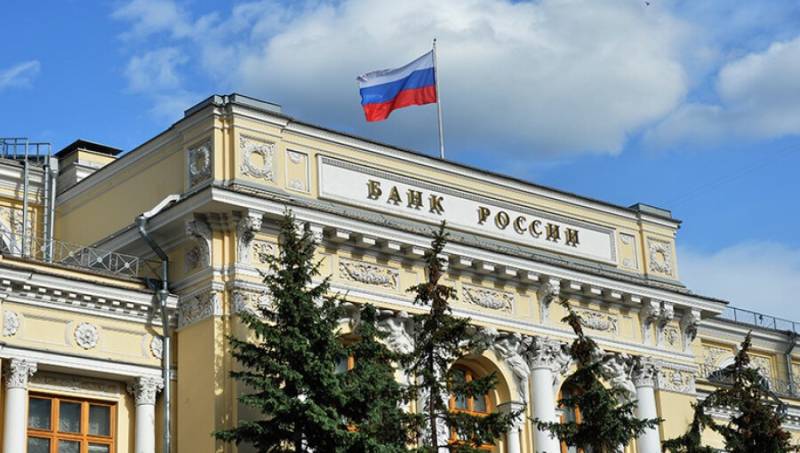US, Canada ban transactions with Russian central bank

Stay tuned with 24 News HD Android App

The United States and Canada on Monday banned all transactions with Russia's central bank, effective immediately, in an unprecedented sanction meant to punish the country for its invasion of Ukraine.
These new moves, along with others taken by allies in Europe, will make it hard for the Russian central bank to use its vast reserves of hard currency to buy rubles, the value of which collapsed against the dollar and euro on the Moscow Stock Exchange.
Transactions to support the ruble, "will no longer be possible and fortress Russia will be exposed," a senior US administration official told reporters.
Canadian Finance Minister Chrystia Freeland said the ban is meant "to ensure that Russia's invasion of Ukraine will be a strategic failure."
"Canada is firmly on the side of the heroic resistance of the people of Ukraine and we will continue to take further action to ensure President Putin does not succeed," she said in a statement.
The US official said the package of coordinated sanctions will create a "vicious feedback loop," and Moscow "will be forced to deplete their domestic rainy day fund far more quickly, experience a weakening of their currency making funding their war of choice much more expensive."
"Inflation is very likely to spike. Purchasing power is likely to plummet. Investment is likely to plummet," the official said.
"Our objective is to make sure that the Russian economy goes backwards if President (Vladimir) Putin decided to continue to go forward with an invasion of Ukraine, and we have the tools to continue to do that," the official said.
Washington also slapped sanctions on the Russian Direct Investment Fund, a state-owned institution that Moscow uses to raise funds overseas. It is run by Kirill Dmitriev, who is close to Putin.
"This fund and its leadership are symbols of deep-seated Russian corruption and influence peddling globally," said the official.
The United States has already sanctioned 24 individuals and organizations in Belarus, which Russia used as a launch pad for its invasion, and while no new measures were announced Monday, the official warned, "those costs will continue to ratchet much higher."
